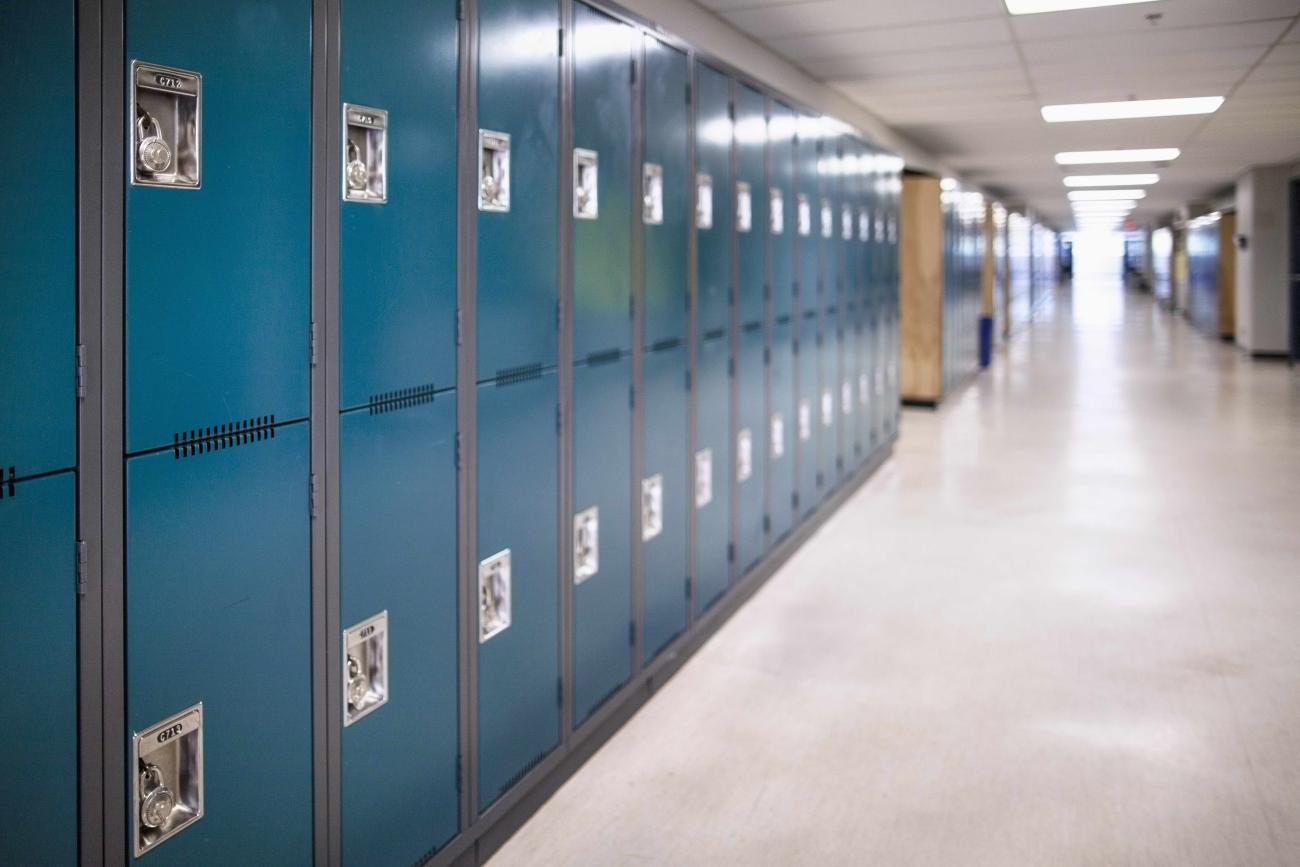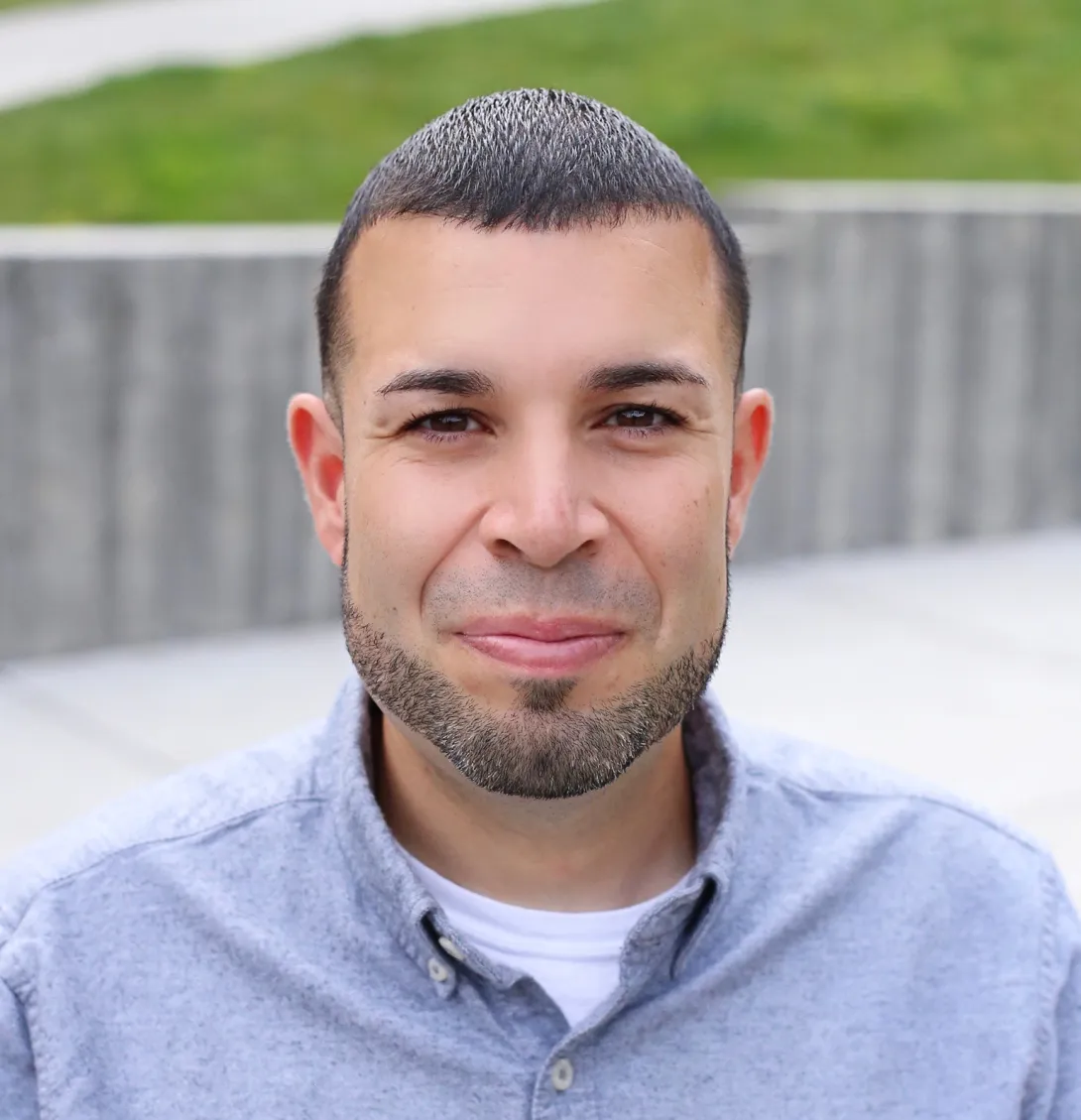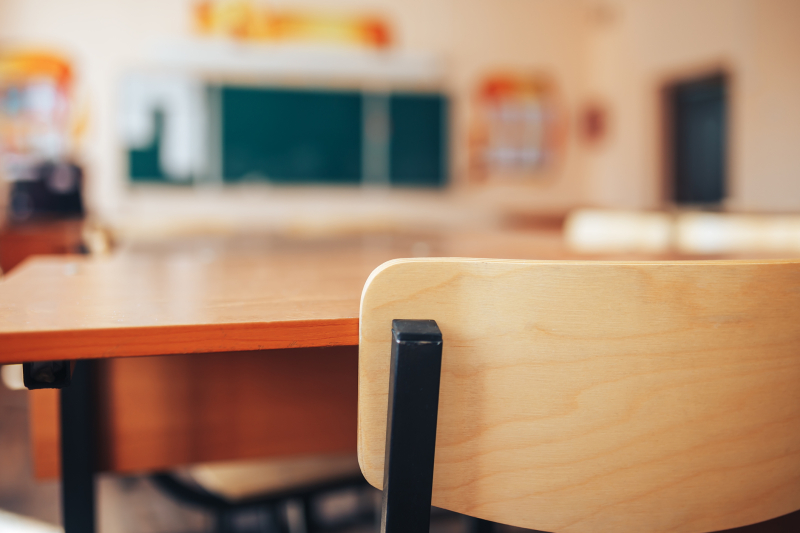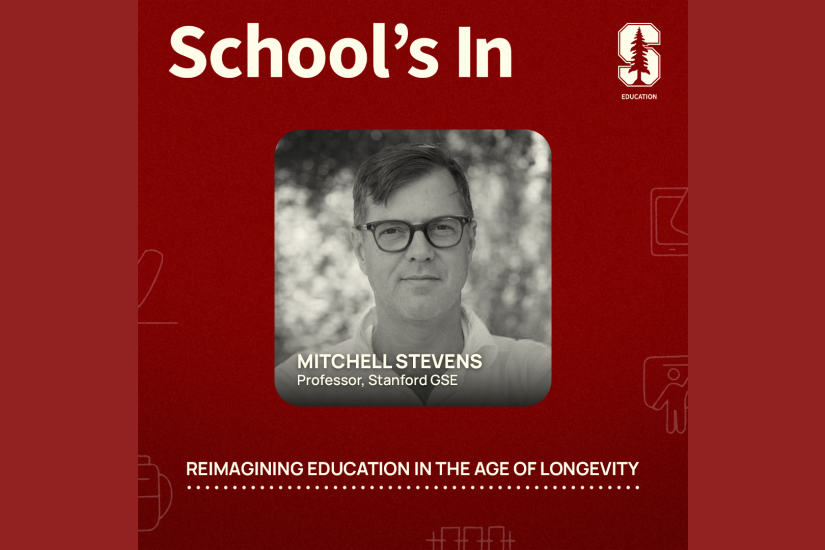
‘We can’t simply respond with a spirit of recuperation’: Remaking schools after COVID-19
The fear and uncertainty triggered worldwide by the spread of the coronavirus is already a familiar experience for many U.S. students, says Jonathan Rosa, an associate professor at Stanford Graduate School of Education (GSE). To these students, schools have long been a site of trauma and struggle, rather than safety and support—and a place where inequities are exacerbated, not eased.
“For many communities, crisis is the norm,” he says. “What for some people is a shocking encounter with instability is, for so many, just what everyday life looks like.”

On this episode of School’s In, Rosa joined GSE Dean Dan Schwartz and Senior Lecturer Denise Pope to talk about educational inequity in the context of the COVID-19 outbreak, and the potential for what schooling could look like after the crisis has subsided.
“We can't simply respond with a spirit of recuperation or return to status quo,” he says. “This has to be an opportunity for reckoning with what was never stable, what was never fair or equitable or sustainable or healthy.”
As educators rush to redesign their curriculum to accommodate current circumstances, Rosa urges a deeper consideration of how schools move beyond this moment in time.
“It's not possible to proceed in any straightforward way with what our plans were,” he says. “So, is the goal to adapt right now to see how much of that we could achieve based on these shifting conditions? Or is the question whether we should be rethinking the mainstream curriculum in the first place?”
To guide the way forward, he suggests looking to the history of community-based learning, an approach that puts the challenges students face in their daily lives at the center of their educational experience. These everyday realities shape the entire curriculum, including history, literature, science and mathematics.
The issues the world is grappling with right now—how to ensure access to food, safety, housing and other forms of stability—are ones many communities have always faced, he says. “What does it look like to build schools around that and a curriculum around that?”
Educators should assess whether the learning experiences they’ve designed reflect both the realities that exist and the future they want students to create, says Rosa. “I think it’s a moment, a reckoning, where we say that perhaps this world we've been creating is not a particularly stable place,” he says. “And that should challenge us to rethink what we're up to.”
You can listen to School's In on SiriusXM, Apple Podcasts, Google Podcasts, Spotify, Stitcher and Soundcloud.
See more resources and commentary from Stanford GSE on the impact of the novel coronavirus on education.
Faculty mentioned in this article: Jonathan Rosa


